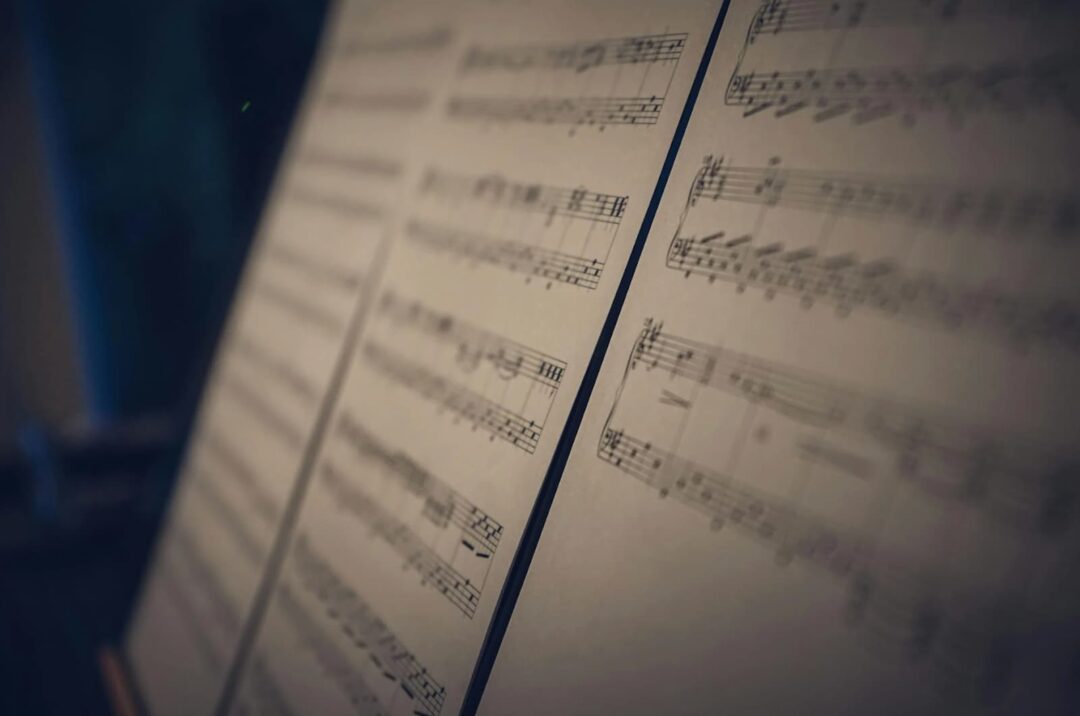Writing a dissertation is a demanding intellectual task requiring a blend of creativity and critical thinking. Both elements are pivotal in constructing original arguments, synthesizing complex ideas, and producing compelling academic content. Interestingly, music, a universal form of expression, has been shown to play a significant role in fostering both creativity and critical thinking, making it a valuable tool for students and researchers. For additional support with your dissertation, services like scriptienakijkservice.nl can be a helpful resource.
The Connection Between Music and the Brain
Music has a profound effect on brain activity. Neuroscience reveals that listening to music activates multiple regions of the brain, including the prefrontal cortex, which is responsible for complex cognitive functions like planning and decision-making. Additionally, music stimulates the release of dopamine, a neurotransmitter associated with pleasure and motivation. These physiological effects help create a mental environment conducive to both creative ideation and rigorous critical analysis.
One key area of research is how music affects divergent and convergent thinking—two processes central to academic writing. Divergent thinking, which involves generating multiple ideas and exploring various possibilities, is enhanced by listening to music that inspires relaxation and reduces stress. On the other hand, convergent thinking, required for synthesizing information and making precise judgments, benefits from instrumental or classical music that promotes focus without distractions.
Music as a Catalyst for Creativity
Creativity in academic writing involves more than just originality; it’s about connecting disparate ideas to form a cohesive narrative. Music fosters this process by influencing mood and cognitive flexibility. For instance, listening to upbeat or unfamiliar music can broaden one’s perspective, allowing the writer to approach problems from novel angles. Research suggests that moderate levels of background music can enhance creative thinking by inducing a positive emotional state, which is conducive to innovative thought.
Genres like classical, ambient, or even jazz are particularly effective in promoting creativity. For example, Baroque music, with its steady tempo and harmonious structure, is known to stimulate the brain’s alpha waves, which are linked to relaxed yet alert states. Such music can help writers overcome mental blocks, enabling the free flow of ideas essential for the initial stages of dissertation writing, such as brainstorming and outlining.
Critical Thinking: Sharpening Analytical Skills

Critical thinking in academic writing involves evaluating evidence, constructing arguments, and ensuring logical coherence. While creativity thrives in a relaxed state, critical thinking often demands intense focus and discipline. Music can aid this process by creating an optimal auditory environment that minimizes distractions and sustains concentration.
Instrumental music, particularly classical pieces by composers like Mozart or Bach, has been shown to improve spatial-temporal reasoning and problem-solving skills. Known as the “Mozart Effect,” this phenomenon suggests that listening to specific types of music can temporarily enhance mental acuity. For dissertation writers, this translates to improved ability to analyze data, identify patterns, and construct sound arguments.
Additionally, white noise or ambient soundscapes can help mask disruptive background noise, fostering a focused state of mind. This is especially useful during tasks that require intense scrutiny, such as proofreading or editing, where attention to detail is paramount.
Balancing Creativity and Critical Thinking Through Music
Dissertation writing requires a dynamic interplay between creativity and critical thinking. Striking the right balance is key to producing high-quality academic work, and music can act as a tool to transition smoothly between these modes. For instance, starting a writing session with energizing music can spark creativity, while switching to calming instrumental tracks can facilitate critical analysis and refinement of ideas.
It is also important to consider individual preferences and the context of the task. While some may find lyrical music distracting, others might find it energizing. Similarly, the complexity of the music should align with the cognitive demands of the writing task—simpler music for critical thinking and more complex music for creative brainstorming.
Practical Tips for Incorporating Music into Dissertation Writing
To harness the benefits of music in academic writing, consider the following strategies:
1. Curate a Task-Specific Playlist: Create playlists tailored to different stages of writing. Use upbeat tracks for brainstorming and ambient or classical music for editing and proofreading.
2. Experiment with Genres: Explore various genres to identify what works best for you. For creativity, try jazz, world music, or electronic genres. For focus, opt for instrumental or nature sounds.
3. Use Music as a Transition Tool: If you struggle to switch between tasks, use music to signal the transition. For example, play energizing music to start your writing session and calming tracks to wind down.
4. Mind the Volume: Keep the volume at a moderate level. Music that is too loud can become distracting, while very soft music might not have the desired effect.
5. Time Your Listening: Use music strategically during breaks or low-energy moments to recharge, ensuring sustained productivity throughout your writing session.
Conclusion
Music is more than a background accessory—it is a powerful tool that can significantly enhance creativity and critical thinking in academic writing. By leveraging its ability to influence mood, reduce stress, and stimulate cognitive processes, students and researchers can improve both the quality and efficiency of their work. Whether you are brainstorming innovative ideas or refining complex arguments, the right music can help unlock your potential, making the dissertation-writing journey more productive and enjoyable.

Comments are closed